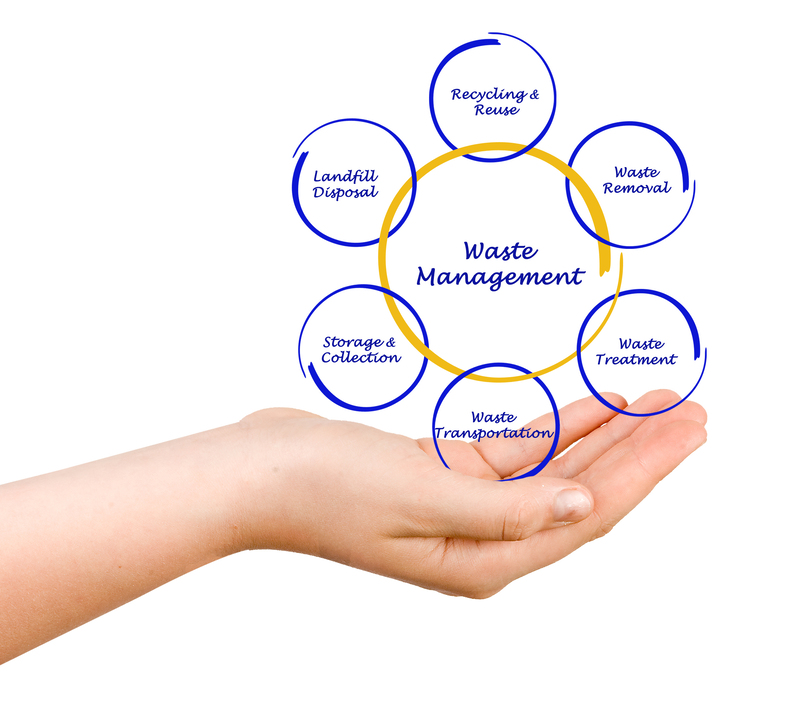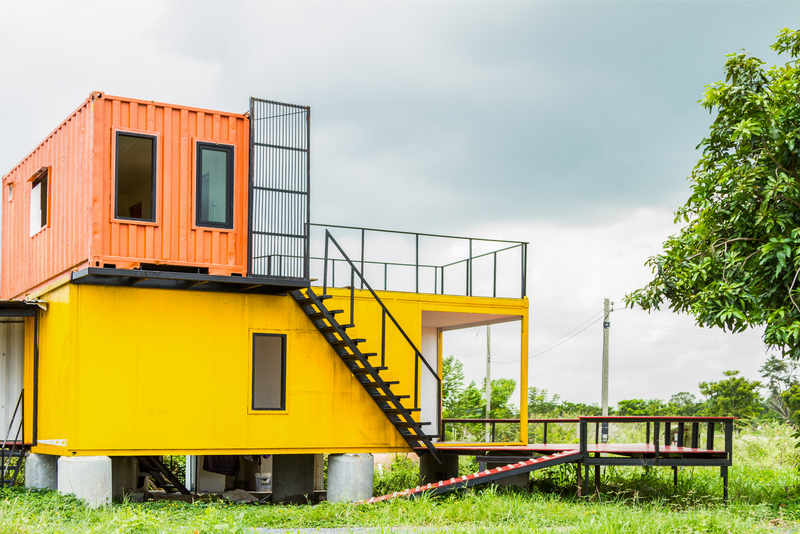
Metal Recycling's Contribution to Reducing Landfills
As the global population grows, so does the demand for raw materials and the subsequent production of waste. One of the most pressing environmental issues of our time is the escalating volume of waste ending up in landfills. Among the various types of waste, metals play a significant part due to their durability and declining availability of natural resources. Fortunately, metal recycling presents an effective solution to mitigate the problem of swelling landfills. This article explores how metal recycling contributes to reducing landfill waste and offers a sustainable path forward.
Understanding the Impact of Landfills
Landfills have become a necessary evil in managing waste, but their environmental impact cannot be overstated. They contribute to soil and water contamination, release harmful gases like methane, and occupy vast tracts of potentially useful land. One key factor in landfill overflow is the disposal of metals, which, when not recycled, add to the lasting burden on these waste sites.
The Importance of Metal Recycling
Why Recycle Metals?
Metals, due to their unique properties, can be recycled repeatedly without degradation of quality. This fact alone presents a strong case for metal recycling as a primary waste management strategy. Recycling metals conserves natural resources, reduces energy consumption, and plays a crucial role in minimizing the reliance on landfills. The process helps in the recovery and reuse of valuable materials, thus perpetuating the cycle of sustainability.
Types of Metals Commonly Recycled
Many metals are routinely recycled with excellent efficiency. These include:
- Aluminum: Often found in beverage cans, window frames, and other packaging materials. Aluminum recycling is energy-efficient since producing recycled aluminum consumes 95% less energy than creating it from raw bauxite.
- Steel: The most recycled material worldwide, typically found in old vehicles, appliances, and construction materials. Steel recycling reduces the need for mining activities.
- Copper: Widely used in electrical wiring and plumbing. Its high recyclability reduces the demand for copper mining, which can be environmentally damaging.
Environmental Benefits of Metal Recycling
Reduction in Landfill Use
By recycling metals instead of sending them to landfills, we can significantly reduce the volume of waste that needs to be managed. Metal recycling diverts waste away from landfills and offers a sustainable alternative that contributes directly to landfill reduction efforts.
Conservation of Natural Resources
Each time we recycle metals, we decrease our dependence on raw material extraction processes like mining. This conservation leads to less environmental disruption and a reduction in the energy needed for metal production. For instance, recycled aluminum saves 95% of the energy needed compared to producing new aluminum from bauxite ore. Similarly, the steel recycling process saves about 74% of the energy required to produce virgin steel.
Reduction in Greenhouse Gas Emissions
Metal recycling also plays a critical role in lowering greenhouse gas emissions. Mining, extracting, and processing raw metals are energy-intensive activities that contribute to carbon emissions. By recycling metals, these emissions are substantially decreased. The melting process for recycled metals is less demanding on fossil fuels, leading to a significant reduction in the carbon footprint of metal production industries.
Economic Benefits of Metal Recycling
Boost to Local Economies
Metal recycling facilities offer numerous jobs, ranging from collection and transportation to processing and resale. This sector fosters economic growth and resilience by creating new employment opportunities in areas that might otherwise face economic downturns due to limitations on landfill space.
Cost Savings
The economic benefits extend to individuals and businesses that engage in recycling practices. Companies that recycle metal waste can save money on production costs and waste disposal fees. For consumers, recycling often involves a financial incentive, with cash returns offered for recycling aluminum cans and other metal waste.
The Process of Metal Recycling
Collection and Sorting
The recycling process begins with the collection of metal waste. It is then sorted out based on the type of metal. Modern facilities use automated systems to identify and separate different metals using techniques like magnetic separation.
Processing
Once sorted, metals are processed and cleaned to remove any impurities. This step often involves shredding and compacting metals to prepare them for melting.
Melting and Purification
The sorted and cleaned metals are then melted in large furnaces. Each type of metal has a specific melting point, which ensures that they retain their inherent properties during the recycling process. After melting, impurities are removed, and the purified liquid metal is solidified into newly recycled products.
Challenges and Solutions in Metal Recycling
Challenges Faced
While metal recycling is beneficial, it comes with its own set of challenges. These include the complexity of sorting mixed materials, contamination issues, and the energy required for melting processes. Another challenge is the fluctuating market prices of recycled metals, which can deter businesses from investing in recycling technologies.
Overcoming the Challenges
Innovative technologies and sustainable practices are continuously being developed to tackle these challenges. Advancements in sorting equipment, improved recycling processes, and government incentives for recycling can help overcome these hurdles and make metal recycling more efficient and economically viable.
Final Thoughts on Metal Recycling
In conclusion, metal recycling serves as a pivotal strategy for reducing landfill waste and promoting sustainable resource use. This eco-friendly practice aids in conserving natural resources, lowering energy consumption, and curbing greenhouse gas emissions. With the continuous advancement in recycling technologies and increased global awareness, metal recycling can significantly contribute to a more sustainable future, alleviating the growing pressure on our landfills.
By adopting and supporting metal recycling practices, individuals, businesses, and governments alike can play a crucial role in creating a cleaner, more sustainable world. As we move towards a future where environmental sustainability is paramount, the impact of metal recycling on reducing landfills remains an essential component of global waste management strategies.
